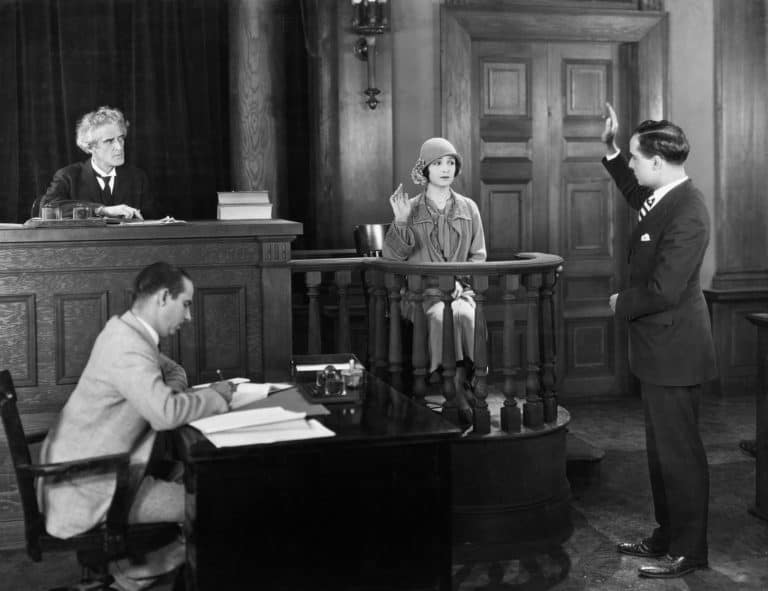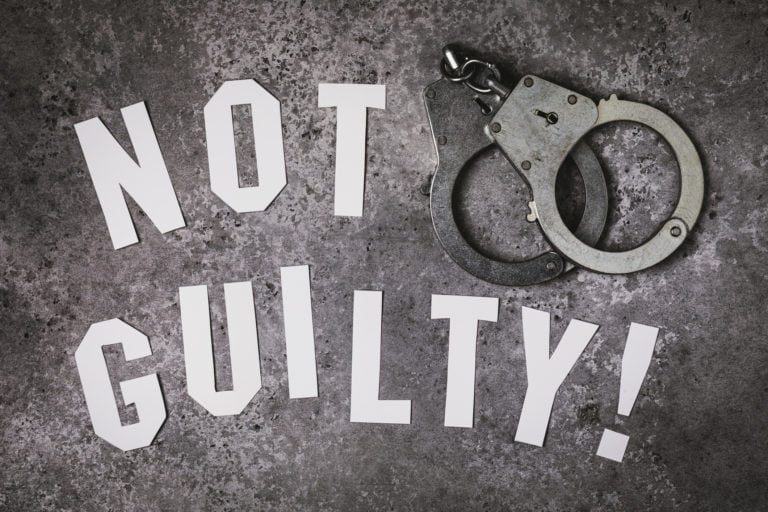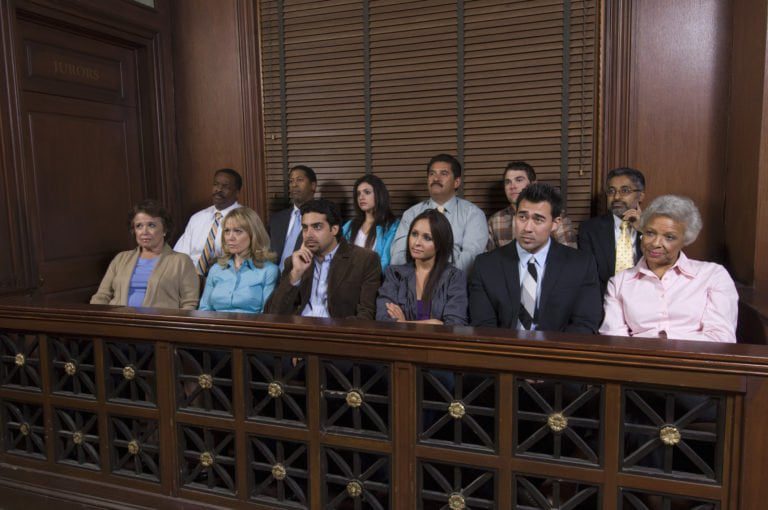Prosecutors only have a certain amount of time to file charges after a crime takes place. This timeframe is known as the statute of limitations. For most criminal offenses, California institutes a three-year statute of limitations, but legislators may pass laws to extend this time period for specific offenses. In rape cases, for example, there is […]
Understanding California Statute of Limitations Laws
It makes sense that someone could be charged with murder 30 years after the victim dies, but it wouldn’t be fair for someone to be accused of shoplifting that many years later. The statute of limitations is a legal way to ensure that those who committed heinous acts can be held responsible for their actions […]
What’s the Difference Between Different Types of Attorneys?
Have a hard time differentiating between prosecutors, defense lawyers, public defenders and judges? Here’s what you should know before you head into court.
What are the Best Criminal Defenses in CA?
If you are charged with a crime, you will be asked to plead guilty or not guilty. If you plead not guilty, you and your criminal defense attorney will need to present a defense to show the prosecutor does not have enough evidence to prove your guilt. To do this, you and your criminal lawyer […]
What is a Crime Involving Moral Turpitude (CIMT)?
Under both state and federal law, some offenses are considered “crimes of moral turpitude,” meaning they involve serious dishonesty, fraud, or something morally reprehensible. While the term may sound old-fashioned and outdated, it is still very relevant when it comes to the law, as it can result in additional post-conviction consequences. Unfortunately, what crimes fall […]
When is a Crime an Infraction, Misdemeanor, or Felony?
California law defines three categories of crimes to distinguish which type of offenses are the most serious. While criminal charges may be filed as an infraction, a misdemeanor, or a felony, few people know which is worse. In terms of both the severity of the charges and the potential penalties, a felony is more serious […]
Is Jury Nullification Legal in California?
Sometimes the law is unjust. The law itself may be morally reprehensible, the penalties may be too harsh for the crime, or an ordinarily reasonable law may seem unfair in a particular case. In these cases, jurors may sometimes resort to a practice known as jury nullification, meaning they base their verdict not on the […]
When is Evidence Admissible Vs. Inadmissible?
Criminal cases are based on evidence. Because the U.S. Constitution guarantees that defendants are innocent until proven guilty beyond a reasonable doubt, the evidence presented by the prosecution must be enough to outweigh that offered by the defense. Not everything can be used as evidence though, and many rules determine the admissibility of evidence in […]
Can a Diary be Used as Evidence? Are Diaries Admissible in Court?
Diaries and journals can be written for many reasons, but one thing most of these writers have in common is the expectation that their private thoughts and observations will be kept confidential. Unfortunately, the US legal system doesn’t hold diaries as a protected source of speech that can’t be used against their writer later on. […]
Citizen Arrest Laws in Vista, California: CA Penal Code 837 (PC)
If you’ve ever asked yourself, “Is a citizen’s arrest a real thing?” after watching a TV show depicting one, you’ll be happy to know you’re not alone. In California, they are absolutely real and legal as long as they follow the rules set forth under the law. Citizen’s arrests are an important part of the […]


















